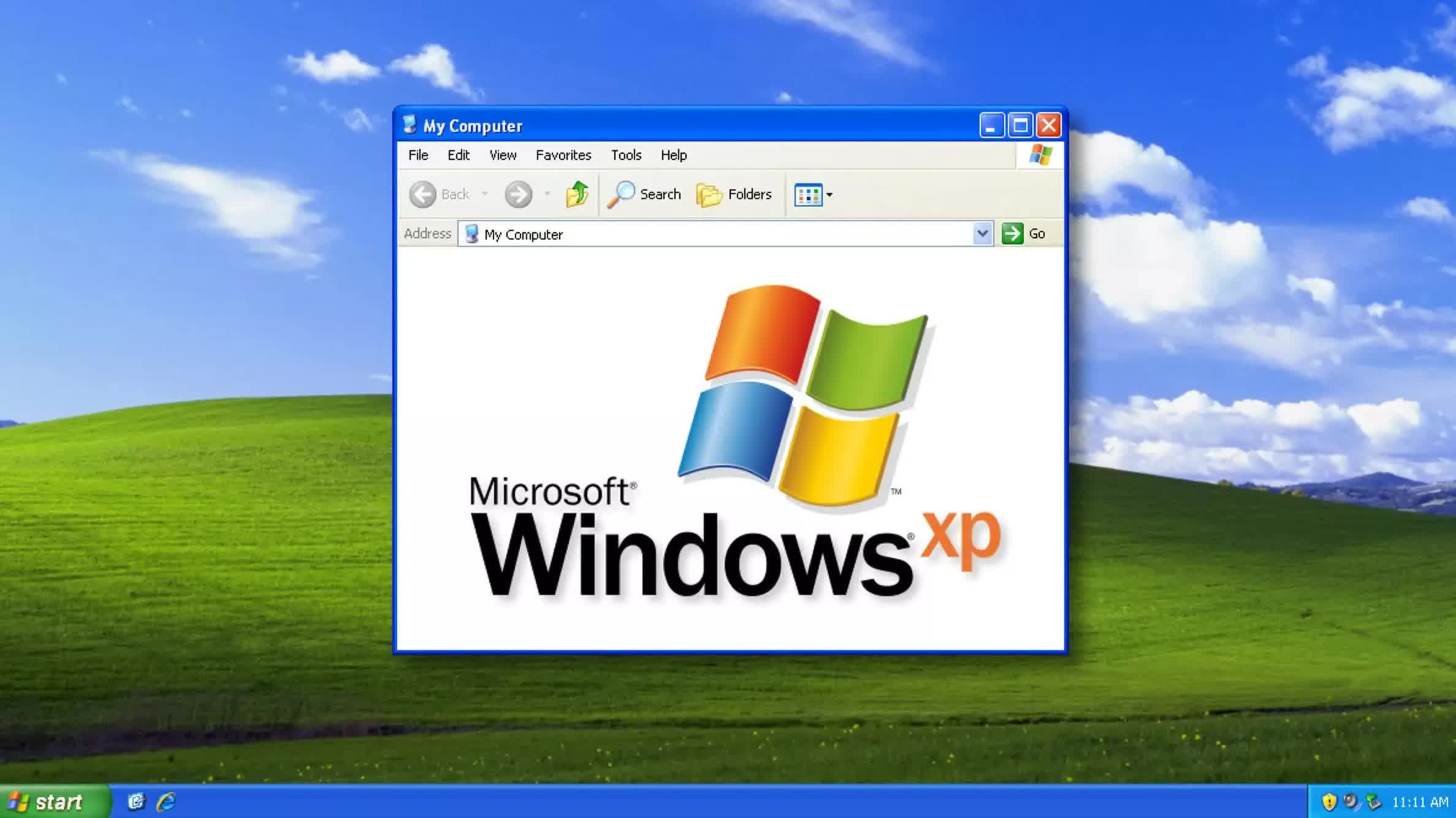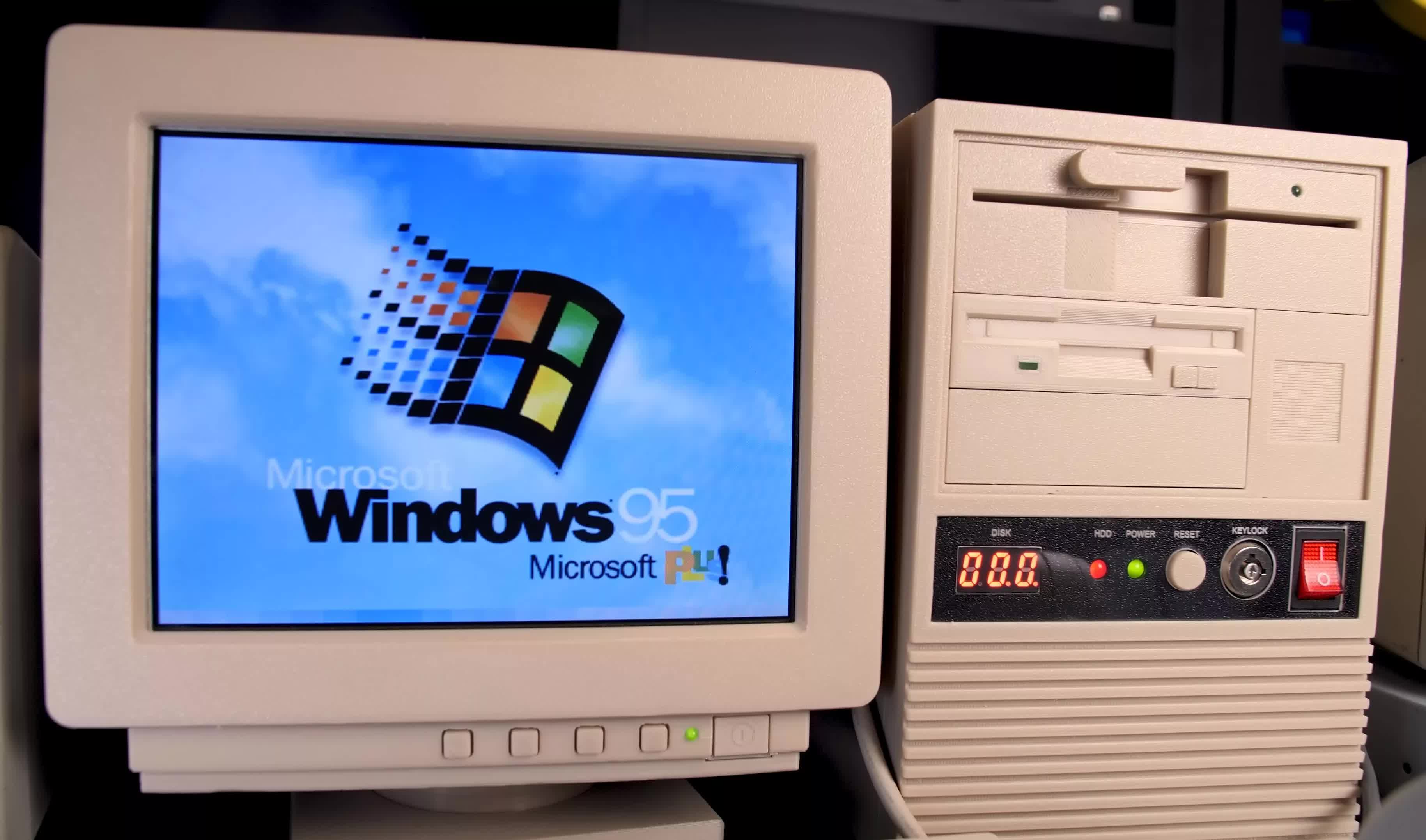The big picture: There have been 15 Windows versions released over the last three decades, but even today, some of Microsoft's oldest works continue to hum away in the background. All over the world, ancient versions of Windows are still keeping elevators moving, trains running, and even government systems functioning.

A new BBC report uncovers some of the strangest real-world cases where outdated versions of Windows are still powering critical systems. One example is a hospital elevator in New York City, spotted this year, which still runs on Windows XP; the final version of that OS lost extended support from Microsoft in April 2019. Some ATMs run even older versions, powered not just by Windows XP but also Windows NT, which launched way back in 1993.
As it turns out, XP's stability and deep integration with proprietary control systems make it ideal for setups that haven't changed in years. Moreover, an ATM technician in New Jersey told the BBC that the cost of upgrading these systems is steep, with new hardware, regulatory hurdles, and custom software rewriting all adding up.

Germany had its own Windows throwback moment last year when Deutsche Bahn posted a job listing that required knowledge of MS-DOS and Windows 3.11. These relics still power display systems in a handful of trains, again largely because replacing them would mean ripping out hardware that could otherwise last decades. Then there's San Francisco's Muni Metro system, which, until recently, needed someone to pop a floppy disk into a DOS-based train control system to get it running each morning.
In San Diego, massive LightJet printers still produce museum-grade photo prints using Windows 2000. John Watts, who runs the machines, says upgrading would cost tens of thousands of dollars in new software licenses. He did say he "can't stand" Windows machines, but they're the only way to run the printers.
Perhaps the most extreme case is the US Department of Veterans Affairs. Doctors there have been using the Computerized Patient Record System (CPRS) to pull out patient records. It was introduced in 1997 but runs on top of an even older platform known as VistA, which dates all the way back to 1985 and was originally built for MS-DOS. And since it's DOS, it means that doctors use text-based interfaces that require typing out full file paths just to open a document. Worse, a psychiatrist told the BBC that booting up the computer could take 15 minutes, and any mistake, like forgetting a dash in a command, could eat up even more time. A modern replacement is promised, but full rollout won't be complete until at least 2031.
Despite a recent spike in Windows 11 users and Microsoft's aggressive push, numbers have shown that Windows 10 is still the leading version of the OS, with a 53% market share. Meanwhile, Windows XP persists at 0.33%, highlighting the reliance on familiar platforms even as official support wanes.
Decades-old Windows systems are still running trains, printers, and hospitals